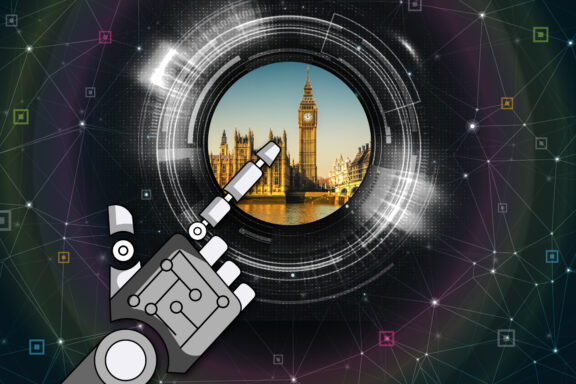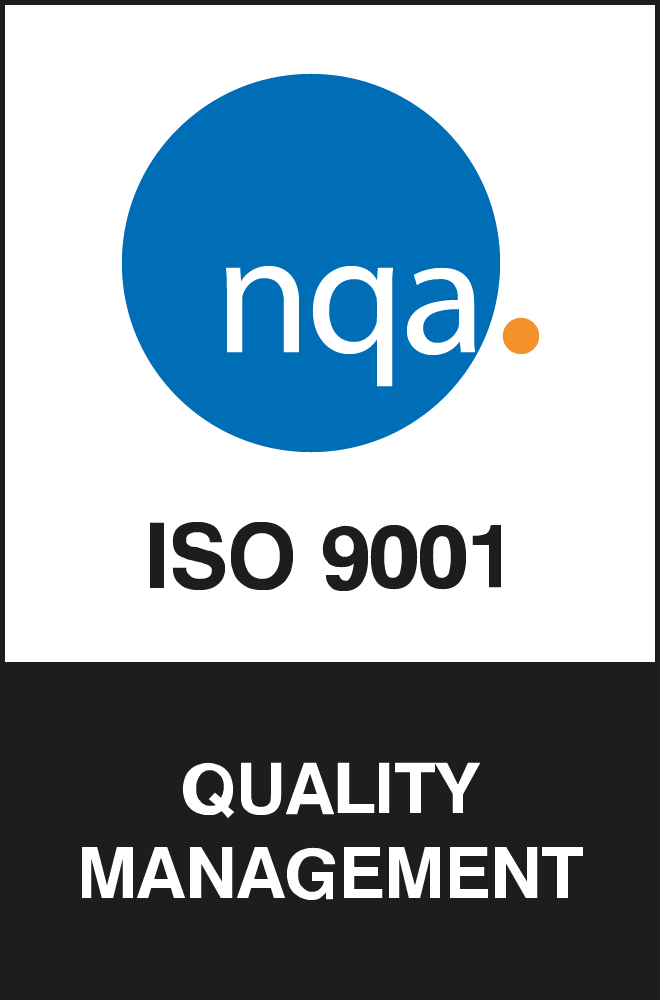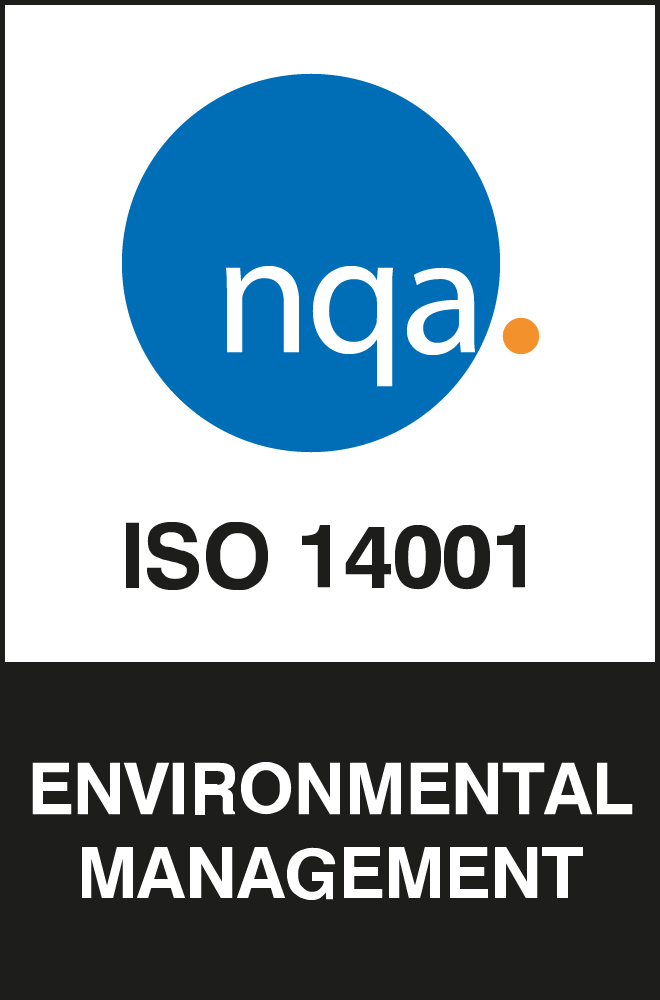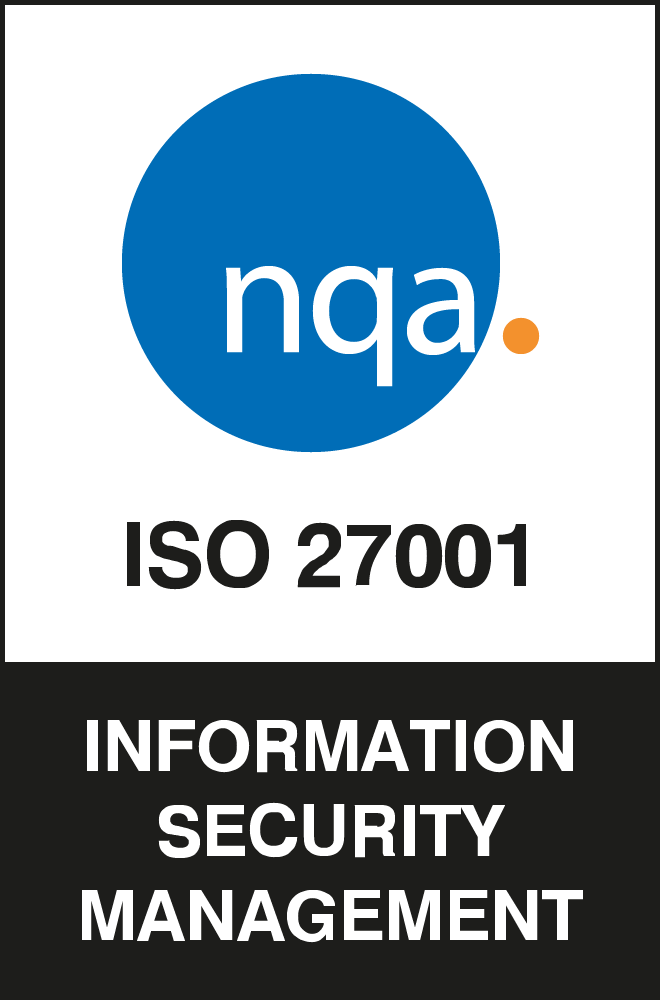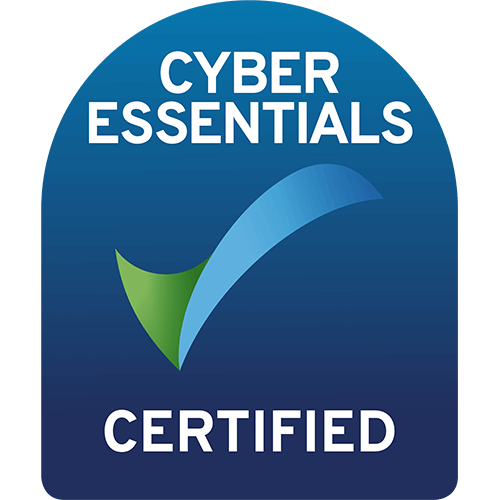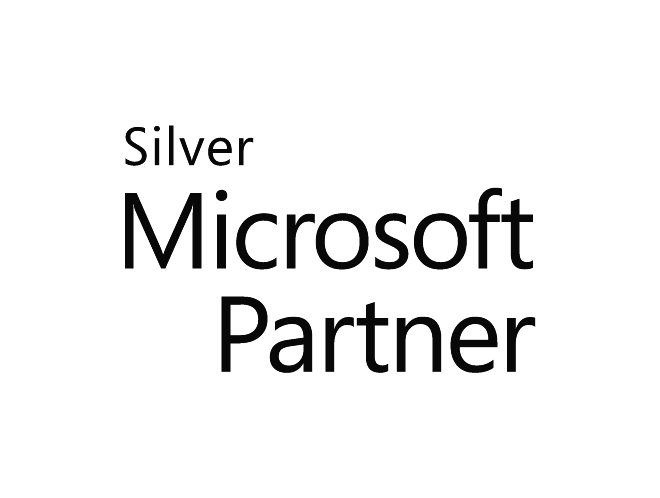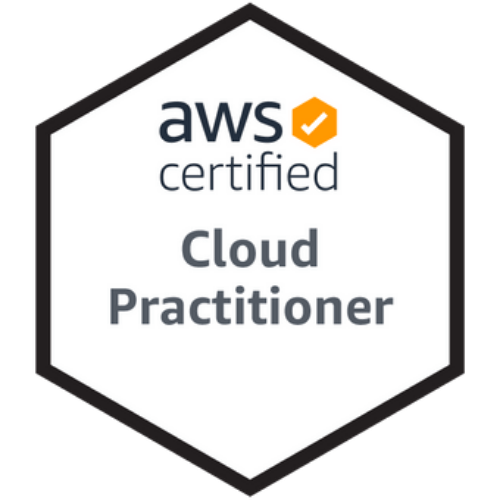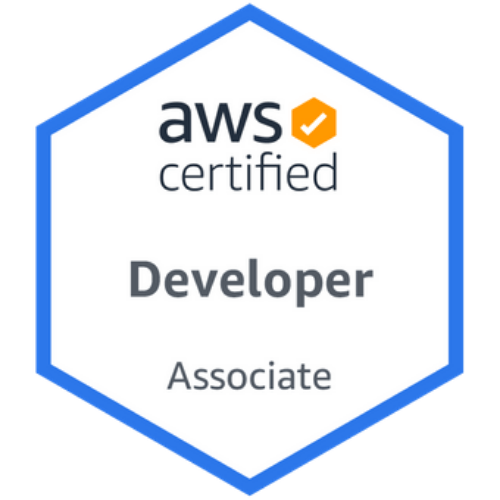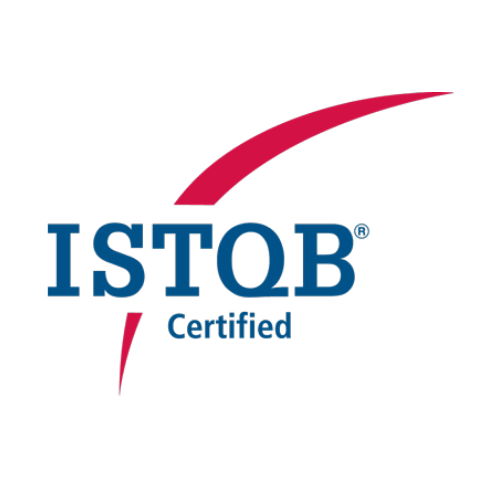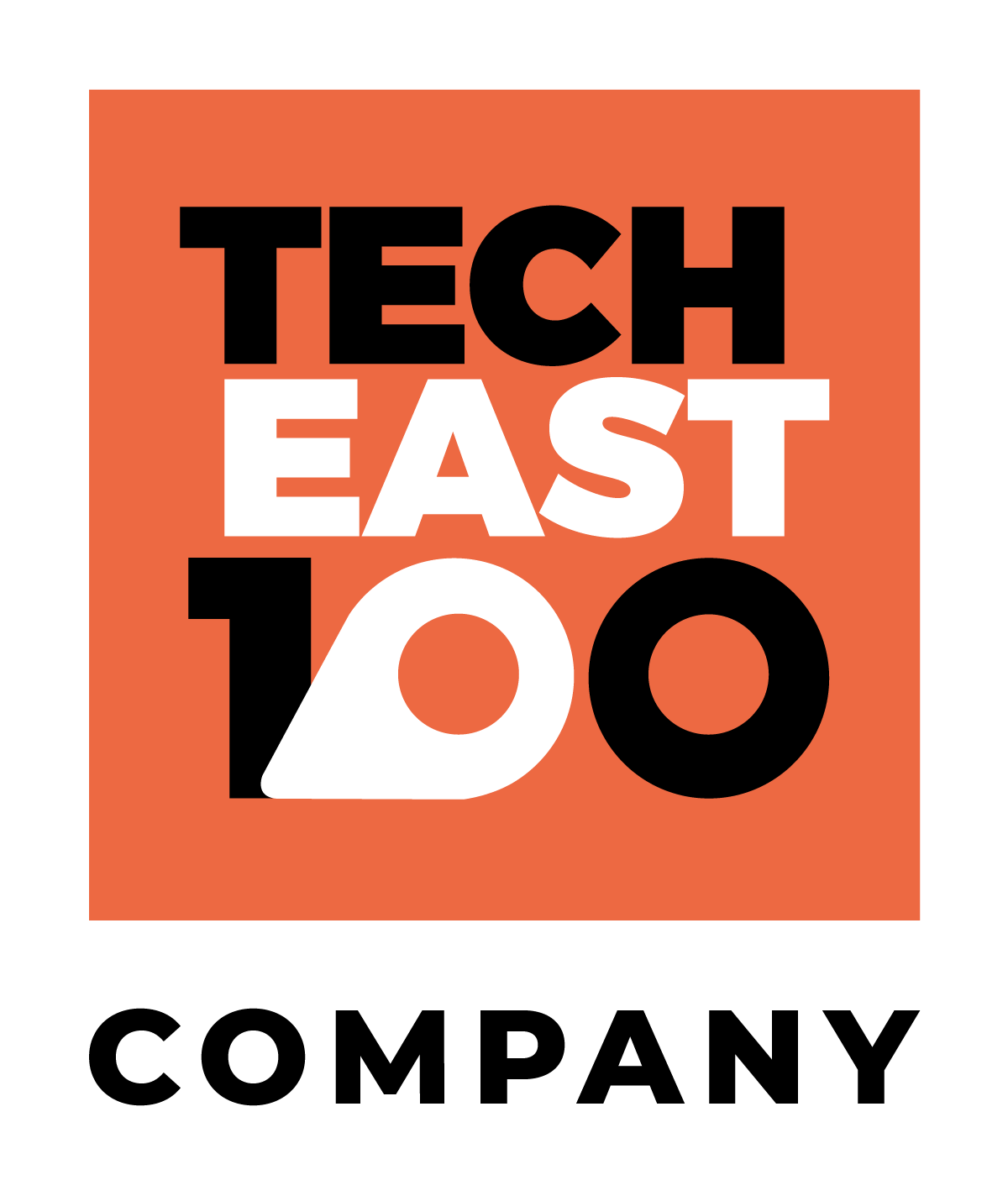Shift to Digital Government
Throughout the last few years, the government has been working hard to create a digital-first environment to improve its services and enhance the experiences of the people trying to access services.
However, the outbreak of the Covid-19 pandemic last year highlighted just how behind the curve the government’s digital transformation was.
Cloud-Based Digital Infrastructure
The implementation of cloud services will be one of this year’s top priorities for any digital transformation plan because the U.K government’s Cloud First Policy outlines that cloud solutions should be considered before any other option, across IaaS, PaaS and SaaS.
With a cloud-based infrastructure, employees in the public sector can benefit from simplified access to internal documentation from any remote location – making it perfect for decentralised teams.
In turn, productivity, communication, collaboration and their ability to meet the public’s demand for services will all be improved.
SD-WAN Expansion
To support cloud-based infrastructures (mentioned above), another popular technology trend amongst the public sector is the adoption of SD-WAN (Software-Defined Wide Area Network).
Increasing data usage, as well as cloud-based applications, can be too much for a WAN but SD-WAN is more advanced and works by layering onto an existing network to offer greater functionality.
With SD-WAN, experts suggest that organisations can benefit from more accurate data and greater efficiency which result in reduced costs and improved productivity.
Digital Citizen
This year, we can expect the public sector digitisation to be designed with its tech-savvy citizens (or digital citizens) in mind.
With more and more of the population using connected devices like smartphones, tablets and computers to access important information from the government, public bodies must keep this in mind when prioritising their communication channels.
This population has become conditioned to accessing information in these ways over time but it is thought that the Covid-19 pandemic has accelerated this change.
With this in mind, organisations within the public sector will bring in modern apps and software that enable the public to access government information and safely input confidential data about themselves.
For this digitalisation to run smoothly, the technology solutions provided will need to be highly reliable, secure and easy to navigate so that the public is encouraged to use them.
Advanced Cybersecurity Solutions
A lot of sensitive data is collected by government bodies and the cybersecurity systems in place must be advanced enough to provide adequate protection against threats.
This is now more important than ever for two main reasons:
- A large majority of organisations in the U.K have experienced an increase in cyber attacks since the outbreak of Covid-19, with criminals using intelligent targeting strategies and selecting vulnerable people who are working from home.
- As time goes on, how cybercriminals perform their attacks is becoming increasingly sophisticated and harder for the untrained eye to spot as harmful.
To improve their existing legacy cybersecurity strategies, experts predict organisations in the public sector to invest in a variety of technologies from security solution providers, including:
- Managed threat detection and response services
- Phishing detection
- Web security protection
- Multi-factor authentication
- Cloud sharing solutions
Supply Chain Optimisation
Both local and national governments are responsible for sourcing and distributing a variety of supplies to smaller organisations and members of the public.
These could be anything from solar panels to support sustainability initiatives to new recycling bins for a freshly built housing estate.
To improve the flexibility, durability and responsiveness of supply chain systems and processes, public sector organisations are seeking advanced digital technology solutions, such as complex data analysis and visualisation tools.
Experts suggest that governments should encourage policies that improve data sharing and transparency in supply chain networks across industry and government.
Process Automation Increase
With the Covid-19 pandemic forcing the downsizing of workforces and adding pressure to regain revenue lost at the height of the outbreak, public sector organisations will seek to increasingly automate processes that would formerly be completed by humans.
We can expect more time-consuming tasks such as data entry and analysis to become automated on a wider scale affecting smaller local governments and larger public bodies alike, throughout our government’s digital transformation.
Increased automation can also improve employee satisfaction as more time is freed up to be spent on more stimulating or value-adding activities. Fewer repetitive, manual tasks also garner improved productivity as well as helping to attract more high-quality candidates to public sector jobs.
Smart Infrastructure
Smart infrastructure refers to the development of cities that use connected cars, smart buildings, smart power grids and networks of IoT devices to combat issues such as pollution, climate change and resource shortages.
With various cities across the U.K such as Nottingham, London and Manchester reaping the benefits of adopting smart infrastructure, we can expect other, perhaps smaller, cities and towns to begin building or upgrading their infrastructures to align with our increasingly digital society.
The advantages of smart infrastructure are many, but here are just a few examples:
- Improved energy efficiency
- Better traffic management
- Increased government process efficiency
- More efficient, data-driven insights
- Fully-optimised transportation services
- Improved waste management
- Safer communities
- Improved citizen communication
Artificial Intelligence Industrialisation
The government has an interesting role to play in the development of the AI industry in that they are both users and regulators of the emerging technology.
The applications of artificial intelligence in the government centre largely around data analysis, predictive modelling and productive decision making. As lawmakers, governments have the power to shape policies and guidelines for the usage of AI.
For these reasons, government agencies and bodies need to perform adequate research into not only the full range of the support AI can provide for them but also the extent to which it can be used by private businesses and organisations so that ethical regulations can be put in place to stop any one party becoming too biased or compromising the privacy of citizens.
AI-Powered Chatbots for Citizen Communication
To try and create a balance between the efficiency of automated communication and the benefit of human-like interactions, some government agencies are looking at launching chatbot services for citizens seeking access to services.
These intelligent chatbots will act as ‘digital humans’ and will be accompanied by animations of humans to make them look realistic. They use robotics and AI to interact with people, analyse their moods and offer services designed to mimic empathetic behaviours and actions.
This will encourage more of the public to access services or ask questions via digital channels as many who don’t currently do not do so because they are sceptical of the ability of chatbots and automated services to present resolutions to issues that work for both parties and prefer to speak to another human in more complex circumstances that require empathy.
This will allow more government time and resources to be spent on more complicated or higher priority tasks rather than answering simple questions or carrying out basic tasks.
What technology do you feel the government could benefit from?
If you’ve got an idea for an app or some software that could assist the government during its mass digital transformation period, please don’t hesitate to get in touch with us.
We have experience creating high-performing solutions for a range of different clients in a variety of industries. Contact us here.
